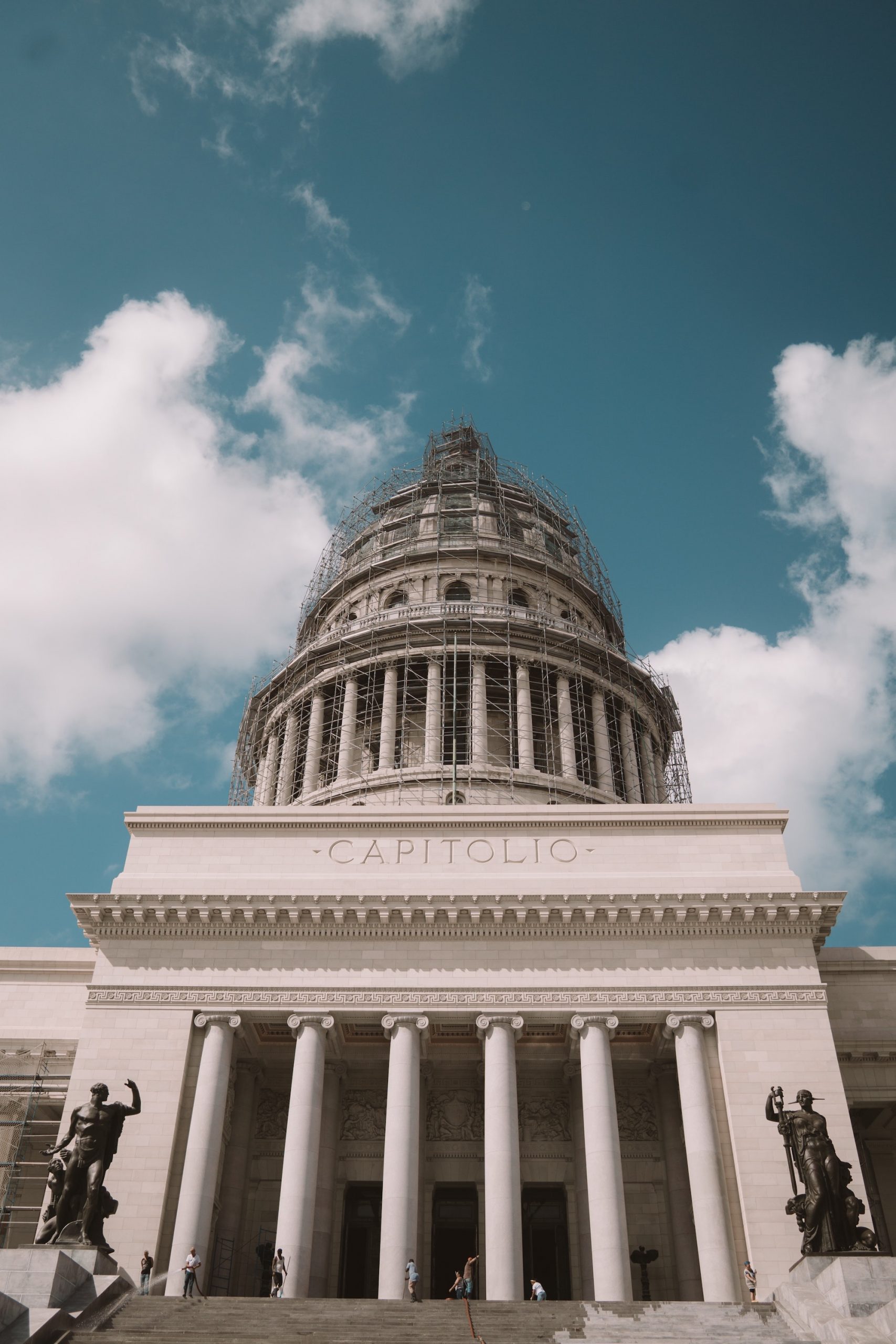I know I’m dating myself but I remember when people used to pay for purchases in cash and occasionally, with checks.
Not so much anymore.
Now, debit cards are all the rage. You know the ones (of course, since you likely have one). They look and function much like credit cards – only except instead of extending credit via the card, banks allow purchases up to the amount of money in your checking account. It’s a plastic check if you will. And awfully darn convenient. It’s also about to become expensive.
Last week, Bank of America shocked customers when it announced that it would begin charging $5 per month for using their (well, your) debit cards. The fee kicks in beginning 2012 and would apply to debit cards to make purchases but would not apply to ATM withdrawals (those are subject to other fees), online bill payments (also subject to other fees) or mobile phone transfers (may be subject to other fees).
Bank of America isn’t alone. Wells Fargo has made noise about a new $3 per month fee for debit card usage and J.P. Morgan Chase has signaled that they would impose a similar fee.
It’s just another way that big banks stink, right? Or is it? Is there something else going on here?
Perhaps.
It turns out that there may be a method to Bank of America’s madness. The bank claims that the move is in response to a pretty big anticipated loss in profit as a result of the so-called “Durbin Amendment.” The Durbin Amendment is an add-on to the Dodd–Frank Wall Street Reform and Consumer Protection Act (Public Law No. 111-203), signed into law by President Barack Obama on July 21, 2010. The Act was meant to protect us from all of those banks that were too big to fail – you know, the whole banking/financial sector meltdown that we just lived through.
The Durbin Amendment, named after Sen. Dick Durbin (D-IL), was added to the bill after flopping around for the better part of a year. The law applies to those big banks – the ones over $10 billion in assets – and was ostensibly passed as an effort to increase competition. It was supposed to be pro-consumer.
But here’s the kicker: the Amendment gave the Federal Reserve the power to regulate debit card interchange fees and other bits of banking admin, which they’ve done. Over the summer, the Fed released the final rule on the matter. The combination of fees, restrictions, and caps is thought to cost banks subject to the amendment nearly $14 billion annually.
The banks could try to recoup this money from somewhere else – like merchants. But merchants now have the ability to shop around a bit more and of course, they could refuse to accept cards altogether. It was quicker, cheaper, and easier for banks to go straight to the customer.
Sure, some customers will squawk: Bank of America is already taking a hit as customers make noise about leaving. But many – if not most of them – will stay. Don’t believe me? Look at the history of ATM fees. It’s the same story, right? Banks spike fees, customers (and Congress) cry foul and… crickets. We now accept ATM fees because, well, they’re just the cost of doing business, right? Just like debit card fees. At least, that’s what the banks are counting on.
But for now, it makes a good story. It makes politicians look good to smack down the banks in public. Obama has already made news criticizing Bank of America, saying in an address directed to banks:
You don’t have some inherent right just to – you know, get a certain amount of profit. If your customers – are being mistreated. That you have to treat them fairly and transparently.
But, um, Mr. President? It was Congress that created the very rules that ate into the banking profit in the first place. Isn’t that ire a bit misplaced? And more oversight (which was the implication) will likely only make it worse, right?
I get that the extra bank fees stink. And I’m no fan of big banks. But let’s take a breath.
Already, there’s a lot of call to repeal the Dodd-Frank Act. And the Durbin Amendment? It even has a new moniker in the press: the “Durbin Tax.”
I love it. Cause we hate taxes. And calling it a tax makes us hate the whole thing even more. It’s a rather brilliant strategy. Those clever bank public relations folks must be very proud.
You see, Obama did have it right when he said that banks needed to be more transparent. A little honesty would be appreciated here. The financial sector needs to get it right: it’s not a tax. It’s the cost of doing business. As a business owner, I get that – and the banks get that, too. If the cost of running my office goes up and I choose to pass that along to my clients, that’s a business choice. It’s not a tax.
In fact, I hate this whole anti-tax atmosphere we’ve created. Nobody likes to pay taxes. But not liking something doesn’t make it a tax. And it’s disingenuous to slap the “tax” label on something just because you don’t want to pay it.
Banks aren’t our friends. They are businesses. And they are in business to make a profit. And if we want to blame the banks for passing along these costs to their customers, fine. And if you want to blame Congress for creating the extra layer of costs in the first place, fine.
But stop calling it a tax. It’s a fee. It’s an annoying, burdensome fee. But it’s still a fee.



